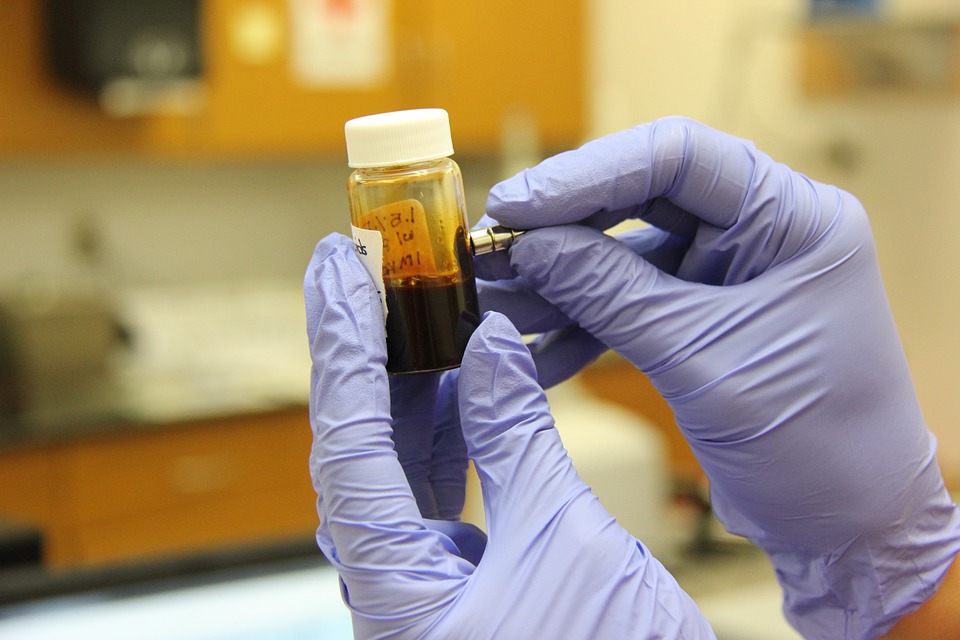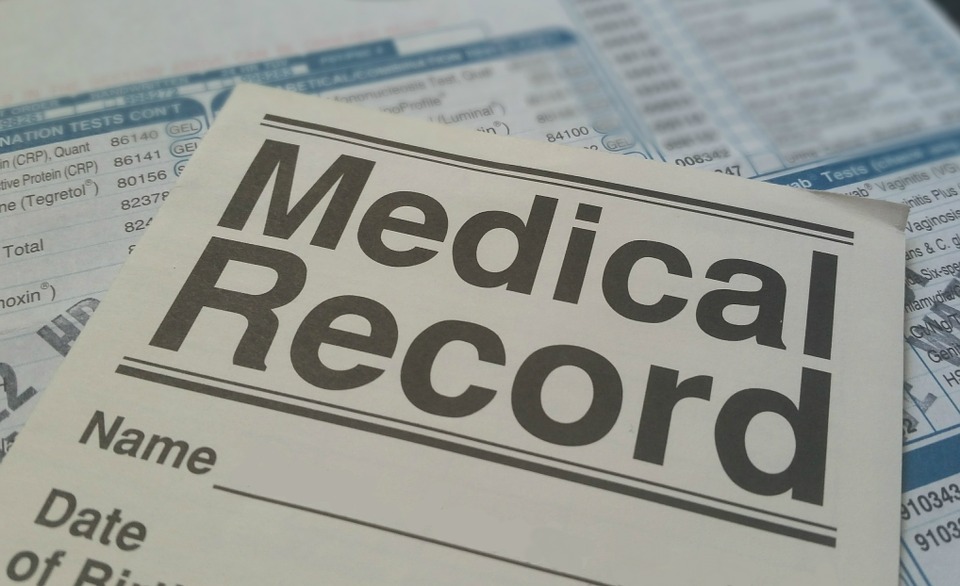Best Uses of a Vacuum Truck for Medical Facilities
The pumping industry is all about collecting liquids from one location, transporting them to a secondary location, and pumping them back out again. Sometimes the pumping station acts as a storage facility and other times it’s used for cleaning and subsequent disposal purposes.

It depends on the type of industry how accepting a vacuum truck delivery or using the services of a company that provides for the collection and disposal of waste material is beneficial. For instance, healthcare facilities generate a surprising amount of waste product of various forms and need to get this removed from the premises otherwise they’ll get backed up and eventually cannot function properly. This is where a vacuum truck is useful.
Here are some of the best uses of a vacuum truck within the healthcare industry.
Grease Traps
A grease trap is a part that’s fitted to commercial kitchens that can catch the grease build up usually before it hits the rest of the water supply. The residue of frying food for many weeks can be captured, trapped separately and then removed from the premises.
Satellite vacuum trucks have been used to deal with grease traps for many years. A buildup of grease is dangerous for any commercial kitchen (hospitals have their own canteen for staff and large kitchens to supply food to all their patients). Grease fires happen most often in kitchens that don’t use grease traps and do not regularly dispose of their waste product in all forms to keep their food preparation and cooking areas completely sanitary.
Septic Tank Trucks
The septic tank truck helps to manage black water that comes from toilet facilities. Those toiletry facilities can be inside a healthcare facility, like a hospital, intensive-care building or long-term care facility, or as an external washroom facility for visitors. In any of these cases, a septic tank truck is useful to pump out the septic tank facility that stores waste product and separates the solids from the liquid to avoid blockages. Emptying the septic tank on a regular basis ensures its continued functionality at critical care facilities.
Waste Water
Wastewater is created in the medical profession whether from medical operations, cleaning or other circumstances. What isn’t deemed suitable or sanitary for disposal down the normal drainage systems is collected elsewhere and needs to be regularly removed from the facilities and disposed of. The continued functioning of a hospital would quickly ground to a halt when backed up with wastewater that has nowhere to go.
A vacuum truck that comes into a commercial facility receives materials pumped into its tanks and is then on its way is something that goes virtually unnoticed. Only the security guards and anyone involved in planning for the tank truck’s arrival will give it any mind. Nonetheless, these specialist trucks with their powerful pumping facilities play an important role in helping to keep the healthcare industry operational. Facilities would surely notice when the trucks stop arriving because quickly they’d have a problem with maintaining their regular activities where they focus their energies on patient care.


